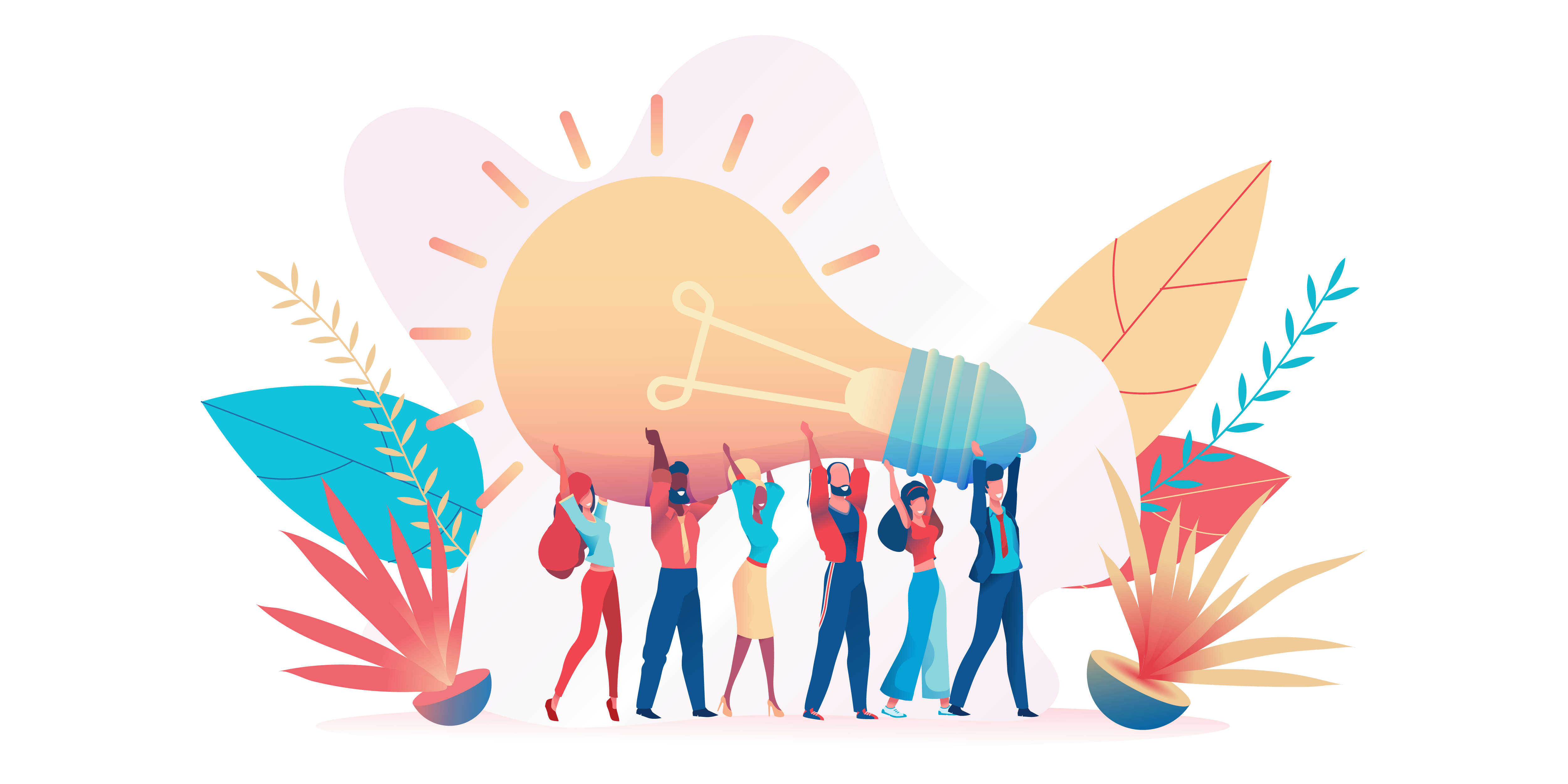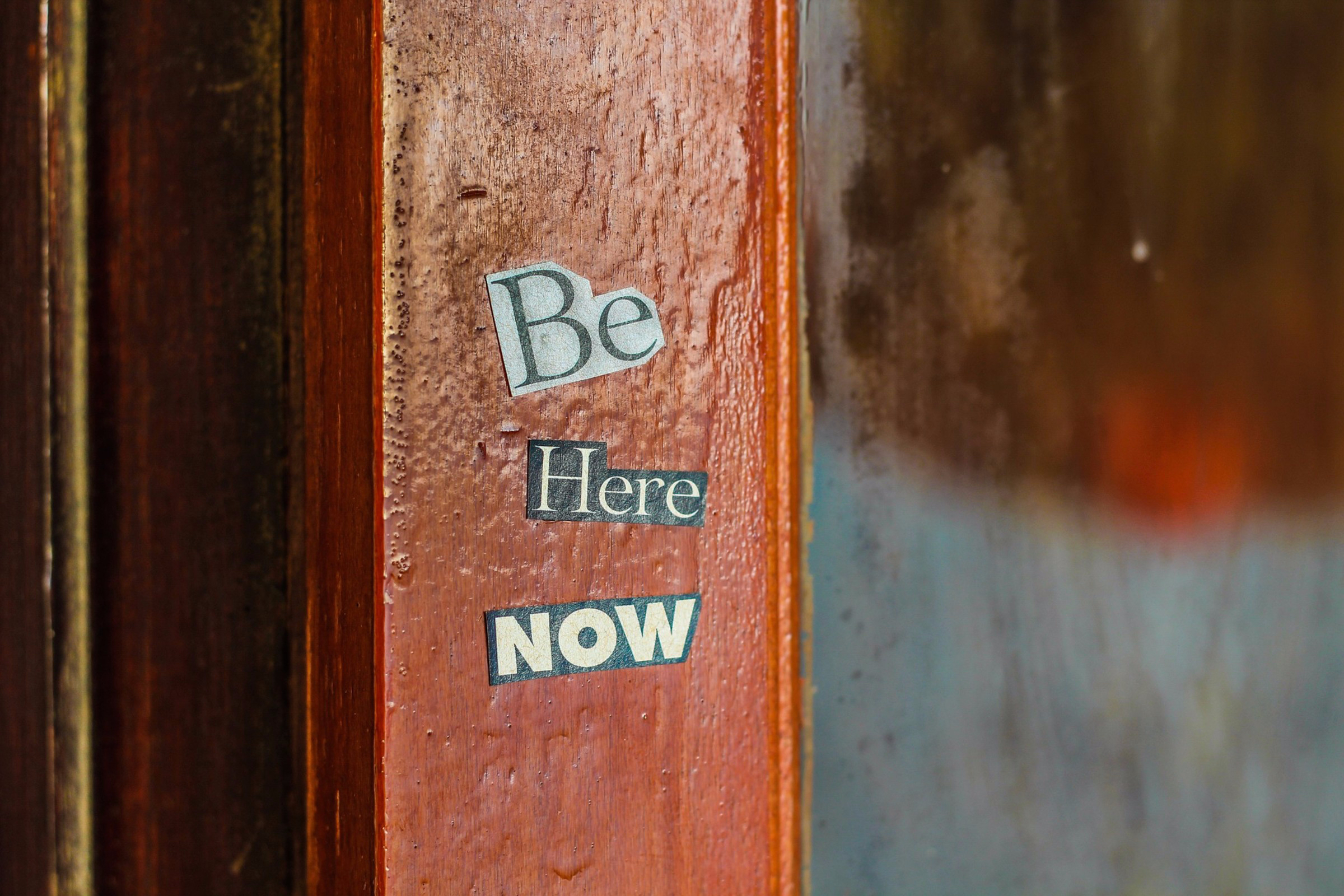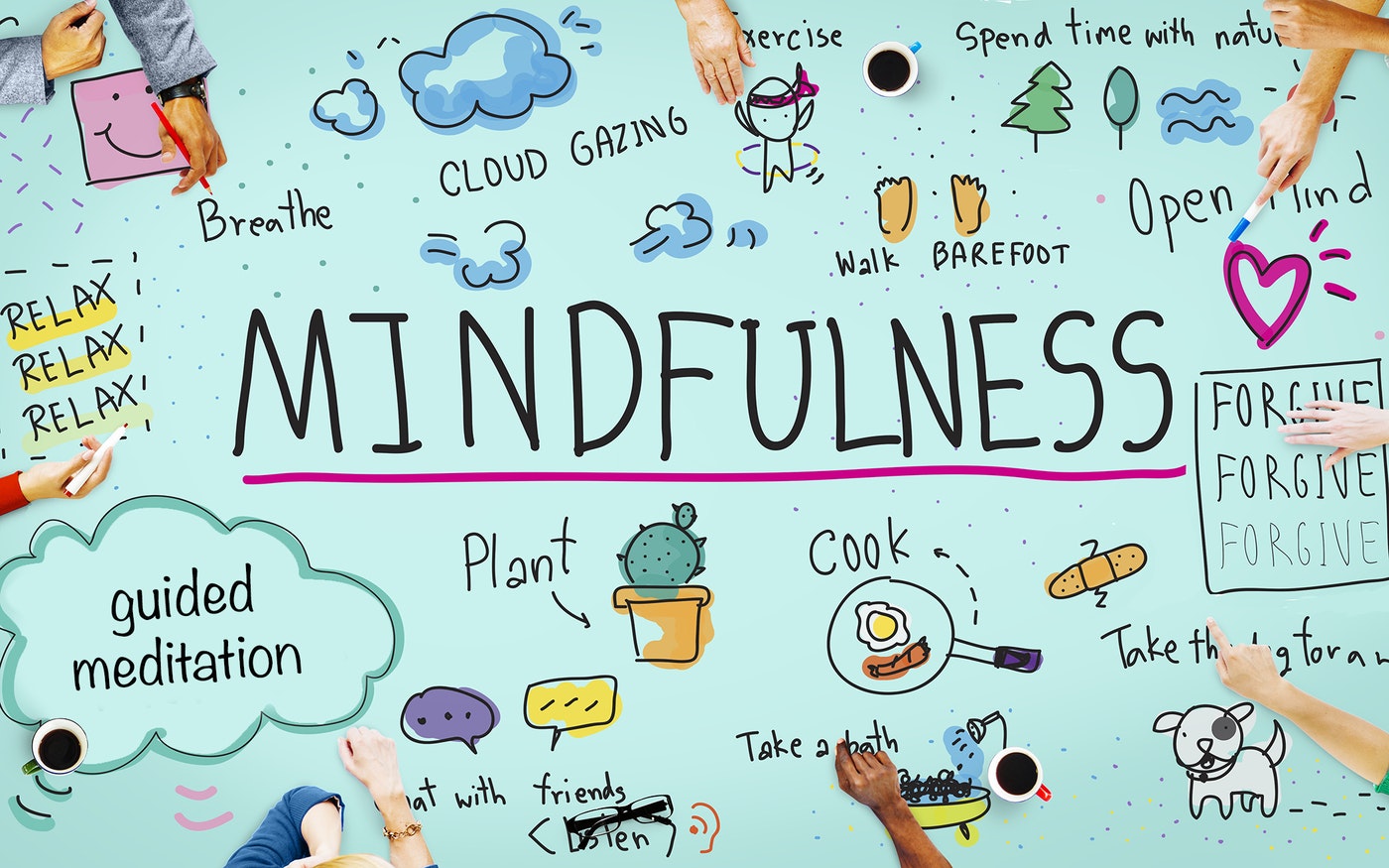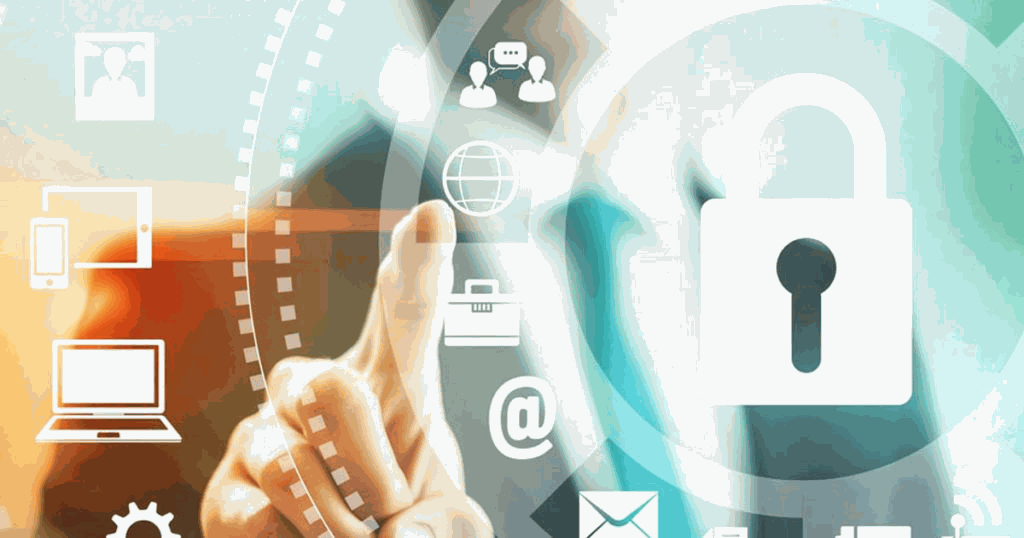RESOURCES
-
 Articles | 08/09/2020
Articles | 08/09/2020THE WANDERING MIND AT WORK: HOW TO GO FROM DISTRACTION TO DEEP WORK
The more focused you are, the faster and higher you will rise in the ranks at work. This was the conclusion of a study which Potential Project did with 35,000 managers and leaders across the globe. Other studies have found that high levels of focus make you feel more balanced and productive and be perceived as a better leader. The message is clear: to be successful and happy, focus and deep work are key. View more
-
 Articles | 12/08/2020
Articles | 12/08/2020THE SECRET TO BETTER RELATIONSHIPS WITH CO-WORKERS? MINDFULNESS.
Mindfulness at work is not just about finding a place to meditate during your workday—it has to do with being mindful about the relationships you have with your coworkers. Our workplaces are not just about getting things done, because if you do not have good relationships with your co-workers, your tasks are more difficult and your results are limited. So, how can you create better relationships at work? View more
-
 Articles | 29/06/2020
Articles | 29/06/20203 GENIUS WAYS TO CULTIVATE A CREATIVE MINDSET
If you want to inspire yourself with fresh ideas to grow your business, try these three steps to approach challenges in a creative way that may just lead to an unexpected brainchild that could create a massive impact on your bottom line. View more
-
 Articles | 29/06/2020
Articles | 29/06/2020TRAIN YOUR MIND TO WORK SMARTER
Work life is full of challenges that can drain us and create stress. Tara Healey of Harvard Pilgrim Health Care suggests four ways to make our work routines more mindful. View more
-
 Articles | 10/06/2020
Articles | 10/06/2020THE ART OF BEING ‘HERE’: TOP 6 MINDFULNESS TRENDS FOR 2020
Mindfulness has become mainstream in the past decade gracing the covers of magazines and making waves in wellness circles and beyond while transforming the lives of celebrities and business leaders alike. As we ring in the next decade, eMindful weighs in on what to expect in mindfulness in the year ahead. View more
-
 Articles | 28/04/2020
Articles | 28/04/2020HOW IMPORTANT TO BE MORE MINDFUL AT WORK
Mindfulness can help. In recent years, many companies — from Google to General Mills — have started teaching mindfulness in the office. Whether or not your company does, there are simple ways to reduce the impact workplace stress can have on your mind and body. Here’s a guide to get you started. View more
-
 Articles | 24/04/2020
Articles | 24/04/2020HOW TO CONNECT WITH VIRTUAL COLLEAGUES
In their findings, Google reports “no difference in the effectiveness, performance ratings, or promotions for individuals and teams whose work requires collaboration with colleagues around the world versus Googlers who spend most of their day to day working with colleagues in the same office.” View more
-
 Articles | 10/04/2020
Articles | 10/04/2020CHÍNH SÁCH BẢO MẬT
Sự riêng tư của bạn là hết sức quan trọng đối với chúng tôi. Chúng tôi gửi đến bạn thông báo này để giải thích các hoạt động thông tin trực tuyến của mình cũng như mang đến cho bạn quyền lựa chọn về cách thức mà chúng tôi thu thập và sử dụng thông tin của bạn. View more
PACE-MLV ©Copyright 2025





